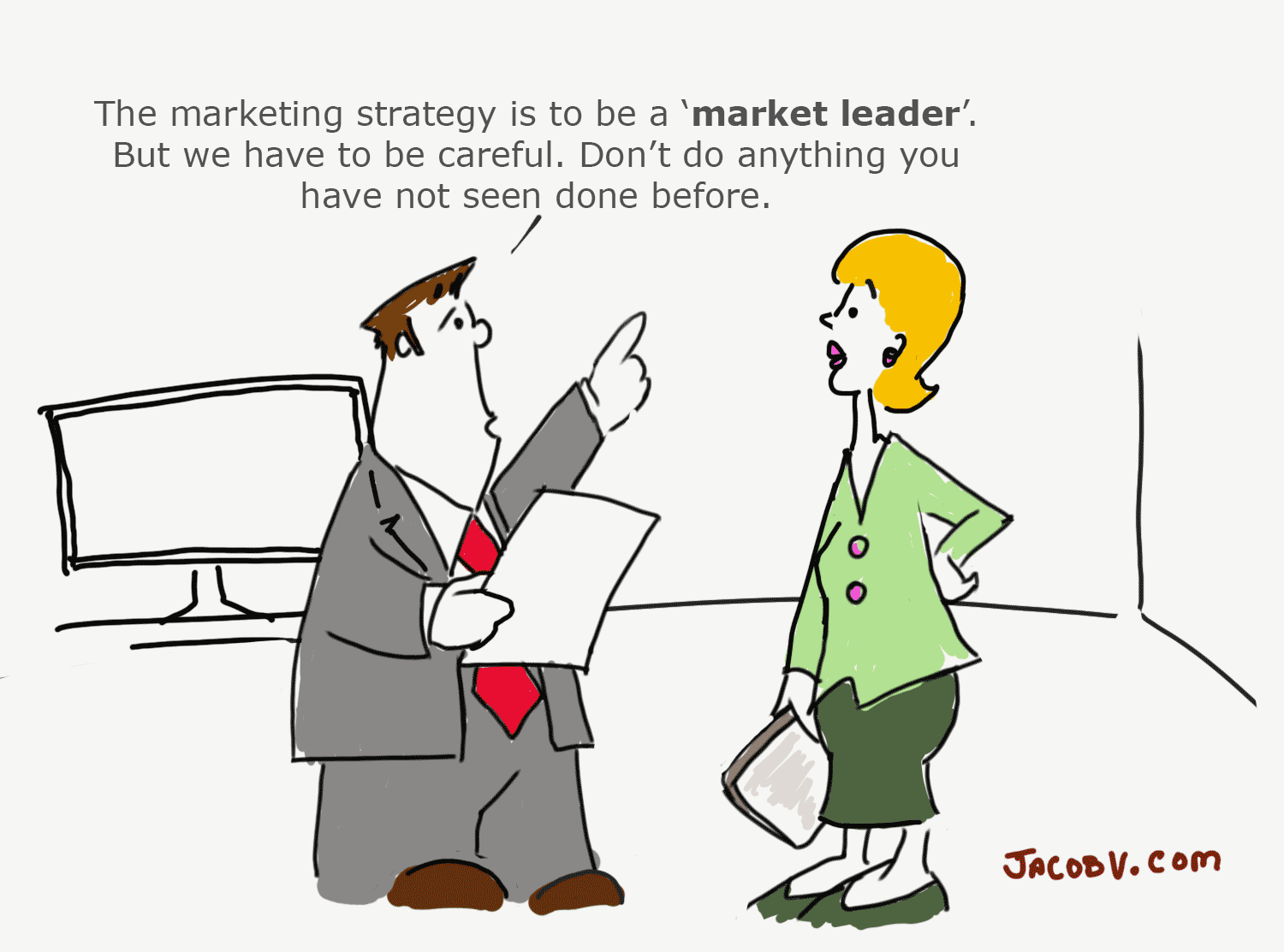Ask any marketer and they are likely to say that they are well versed in marketing strategy. In fact it is not uncommon for marketers to call themselves strategists.
This description is true, to an extent. After all, any cohesive plan of action can be termed as a strategy, if none existed previously.
However, as can be expected, most marketing professionals frame their strategies on the foundations of their own specialized competencies. Which works well if this specialization is complementary to the business goals.
There are times though that such competency-bias in strategies can be grossly inefficient when implemented without an understanding of existing business levers.
Adapting a marketing plan to business levers is usually what separates the competent marketer’s marketing strategy from that of one with a competency bias.
Here’s an example:
If blogging is the core competency of a particular marketing consultant, there is the chance that this consultant eschews other viable marketing options that could align better with the business objectives. The risk here is that major business goals like leads-to-close ratio may be vital for business survival across the next three quarters.
The slower pace of a blog content lead inbound marketing strategy may not be the best option for such a business. An inbound strategy often takes 12 months or more to yield results.
I’ve seen more than one junior marketer eschew the opportunity to extend themselves beyond their comfort zones in order to double-down on their core competency. In today’s ever-changing environment, I think this attitude will backfire on the individual’s long-term career and probably their shorter-term marketing success as well.
Cross-functional marketers thrive
This brings me to the point that most competent marketers possess an inherent curiosity that pushes them to seek out creative ways to achieve objectives. These professionals constantly educate themselves across multiple marketing competencies. And there are quite a few of those ranging from Digital Ads, Content Marketing, Social Selling, SEO, Email Marketing to newer toys like Predictive Marketing and Account Based Marketing.
“ABM reaches ‘gold-rush’ status.” – Forrester
When it is time to lay down the strategy, the cross-functional/aware marketers are able to pull from a range of options to adapt marketing plans to what works for the business. They may make up for their relative weaknesses in certain competencies by bringing in additional help. Nevertheless, they resist a competency-bias in the pursuit of business results.
Even then, since effective marketing is dependent on the plan-do-observe-improve (similar to the Plan Do Check Act) feedback loop, the marketing strategy must be adaptable to changing business environments indicated by relevant data trends and metrics. Data-driven focus should be an integral part of marketing strategy.

Strategy is work
The challenge is that strategy is hard work. Data and insights can define opportunity. From there on it takes work to figure out how to adapt tactics, realign direction or even stop doing things that lead to lackluster results.
If all your paid search, organic search, content marketing, and social efforts have hit an upper limit in terms of new ‘in-market’ customers, you will then find that any additional spend yields proportionally fewer conversions. Rather than further tweak your existing channels perhaps it is time for your B2B efforts to leverage and layer on an ABM (Account Based Marketing) platform to continue to improve lead velocity.
However, the results from the newly implemented ABM platform may also reach an upper limit and cede ground to newer technologies.
Further, sticking an ABM strategy into a pipeline that’s missing sales-marketing alignment makes ABM just another rudderless marketing campaign where true north is revenue growth. ABM will deliver mediocre results, without the sales team to provide sustained collaboration and business development prowess.
Which means that the ability to observe, learn, adapt, and finally execute (or inform on execution) new methodologies is the basic requirement for success in a marketing strategist’s career.
Another skill needed for success is the ability to zero-in and focus on the tactics that are pertinent to growth. There are always going to be shiny new distractions that do not impact business results. Anyone remember the hype around Klout, Empire Avenue, Google plus?
Marketing flux is the norm
Any efficient marketing strategy is in a constant state of flux that discards older or ineffective tactics in favor of those necessitated by improvements. Like I mentioned before, these decisions can be tough. You have to earn your way to being a marketing strategist to be taken seriously in the boardroom.
Time for introspection.
Is your business being held back by a rigid marketing strategy?
Do your marketing efforts have a competency-bias that could prevent you from being the marketing strategist you can be?
PDCA graphic credits: “Christoph Roser at AllAboutLean.com“
